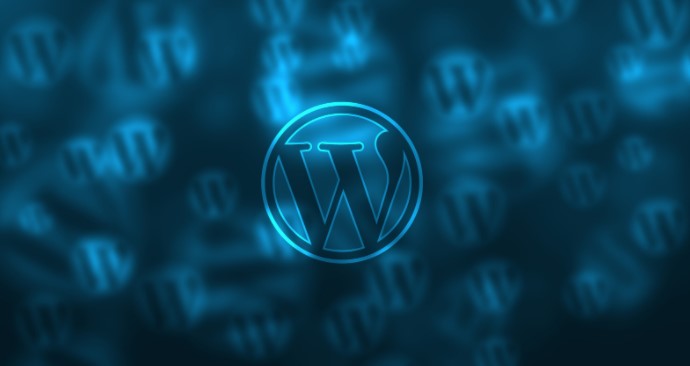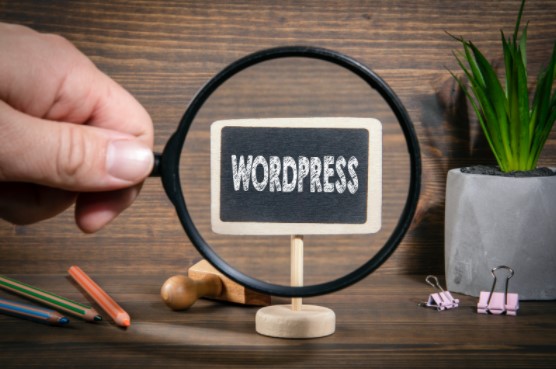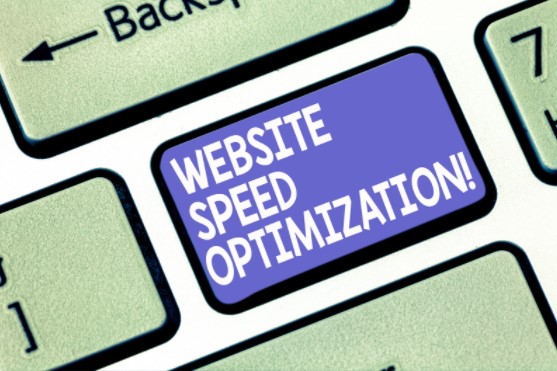
3 Important Things to Speed Up your WordPress Website
In the online space characterized by snap judgments and instantaneous decision making, page loading speed matters greatly.
The surest way to lose readers is if your blog pages take more than 3 seconds to load.
Lucky for us, there are ways to speed up a blog and if you ever stumbled upon website issue, you could solve it by following this article on 502 website errors.
Here is a look at how you can boost your WordPress website speed for a better user experience and good traffic numbers.
We’re going to focus on the 3 most important aspects of making WordPress faster.

How to increase WordPress load time?
Since hitting the internet scene in 2003, WordPress has evolved from a basic blogging platform to the best content management system around.
WordPress offers plenty of themes and plugins to create responsive websites. WordPress websites usually rank higher on search engine results because of consistent updates.
But depending on how you use the plugins and themes (and how many of them!), your website can load lightning fast or slow.
You can use tools such as Pingdom’s speed test to check your website speed. Your pages shouldn’t take more than 3 seconds to load.
If your website is slow, the following could be to blame:
- Improperly configured hosting servers
- Hosting with not enough memory and CPU resources
- Too many plugins and 3rd party scripts
- Too many images making your pages heavy
- You have not optimized WordPress for speed
Now that you are familiar with what makes websites slow, here is how you can speed up your WordPress website.
1. Get VPS hosting
VPS stands for Virtual Private Server. It is where one physical server is partitioned into different “slots”, which are then assigned to different users to install their OS and other software. This concept of partitioning and privatizing a server across different users is called virtualization.
Sometimes, a website outgrows the capacity provided by shared hosting and starts to slow down due to traffic spikes. VPS hosting is the optimum option if you have medium traffic but do not need a dedicated server’s resources.
Advantages of VPS hosting include:
VPS hosting plans provide dedicated resources, including memory, disk space, and CPU cores.
VPS hosting is a stable and secure hosting solution because resources are guaranteed, and individual servers on the machine are isolated. This also means issues and traffic spikes of other clients won’t affect you.
VPS hosting is scalable. When your website outgrows the dedicated resources but is still small for dedicated servers, you can upgrade to more RAM, bandwidth, and disk space.
VPS hosting decreases time to first byte (TTFB). TTFB refers to how long a browser has to wait for the first byte from a server. A longer TTFB means the page takes long to load and is caused by many factors, including insufficient input/output memory.

Thanks to VPS hosting dedicated resources and scalability, you can reduce TTFB on your site and increase page loading speed.
Root level access to the server is possible with VPS hosting plans. This means you can install virtually any software compatible with the OS but at a cheaper cost than a dedicated hosting plan.
VPS hosting guarantees better security as individual servers on the machine are isolated. Also, you won’t be affected by traffic surges and issues from other users on the machine.
Hosting companies offer various VPS hosting plans to suit the needs of different businesses. All you need to do is select a suitable plan for you and launch your website.

2. Reduce the number of plugins and 3rd party scripts
It’s always good to keep your website updated; after all, that’s the advantage of it being open-source. Search engines reward frequently updated websites.
However, some updates can do your WordPress website more harm than good. These include poorly coded plugins, themes, and excess 3Rd party scripts. These increase both server response time and the actual size of the page and the time it takes to render.
While a theme may be eye-catching it might not optimized for speed. Avoid themes that have flashy animations and complex layouts. A simple, well-coded theme will just do fine.
When it comes to plugins, go for user experience, ease of use, and performance. There are reviews of the best WordPress themes and plugins online. You can also do a speed test yourself. Sometimes deactivating all plugins and reinstalling them one by one while checking speed can help determine bad plugins.
Examples of slow WordPress plugins include:
- Yoast
- WPML
- AddThis
- All-In-One Event Calendar
- Broken Link Checker
- Elementor
Example of scripts that are slow include:
- Disqus comments
- Most ad scripts
- Sumo popups
- Google AdSense
3. Install a WordPress performance plugin
Because every second matter, after ensuring the the above best practices, you need to use performance plugins to fine-tune different aspects of your website. WP Rocket is a great option, and optimizes stuff including:
Page and opcode caching
Page and opcode cashing keep a server from overloading and slowing down or crushing. WordPress Caching helps reduce TTFB by reducing the time a server takes to process a request.
Leverage browser caching
You can use plugins to instruct the user browser to store JavaScript files, images, and CSS downloaded from your website for a specific time, so the user browses faster for less on the next visit. Leveraging browser caching makes the website faster for the user. Check out this article about how to leverage browser caching without plugins.

Minify code
Minifications is another way to optimize a website. WordPress minify plugins help eliminate redundant code or pointless characters from scripts resulting in files that perform the same function as the original script but faster. Minified files take less space too.
Lazy loading
Images make content lively. But some images can also make pages heavy and slow loading. You can use plugins to load images in a lazy way; specific images only show when users scroll towards them. This way, pages load faster, and you also conserve bandwidth.
Defer parsing of JavaScript
Plugins can also issue browsers to execute scripts asynchronously as pages load. This way, users don’t have to wait for scripts to load. Deferring JavaScript reduces page load time.
Integrate with CDN
Using a Content Delivery Network reduces TTBF too. Without CDN, website users in different geographical locations experience different page loading speeds. A CDN speeds up a website for all visitors.
Wrapping up
Slow-loading websites are a bummer. Lucky for you, there are ways to fix your website, so pages load faster. Some ways involve the use of quality plugins; others involve finding better hosting plans. Have fun optimizing your WordPress for speed!
Author Profile

- Blogger by Passion | Contributor to many Business and Marketing Blogs in the United Kingdom | Fascinated with SEO and digital marketing and latest tech innovations |
Latest entries
 Digital MarketingMay 27, 2025The Untapped Potential of Local PPC Ads in the UK Digital Entertainment Market
Digital MarketingMay 27, 2025The Untapped Potential of Local PPC Ads in the UK Digital Entertainment Market TechnologyMay 6, 2025Maximize SAP SuccessFactors Analytics with These 5 Key Benefits
TechnologyMay 6, 2025Maximize SAP SuccessFactors Analytics with These 5 Key Benefits Digital MarketingApril 22, 2025Why IT Support is Crucial for Digital Marketing Agencies?
Digital MarketingApril 22, 2025Why IT Support is Crucial for Digital Marketing Agencies? Digital MarketingApril 11, 2025Digital Marketing Tactics That Generated £1M in Revenue for UK Retailers
Digital MarketingApril 11, 2025Digital Marketing Tactics That Generated £1M in Revenue for UK Retailers

